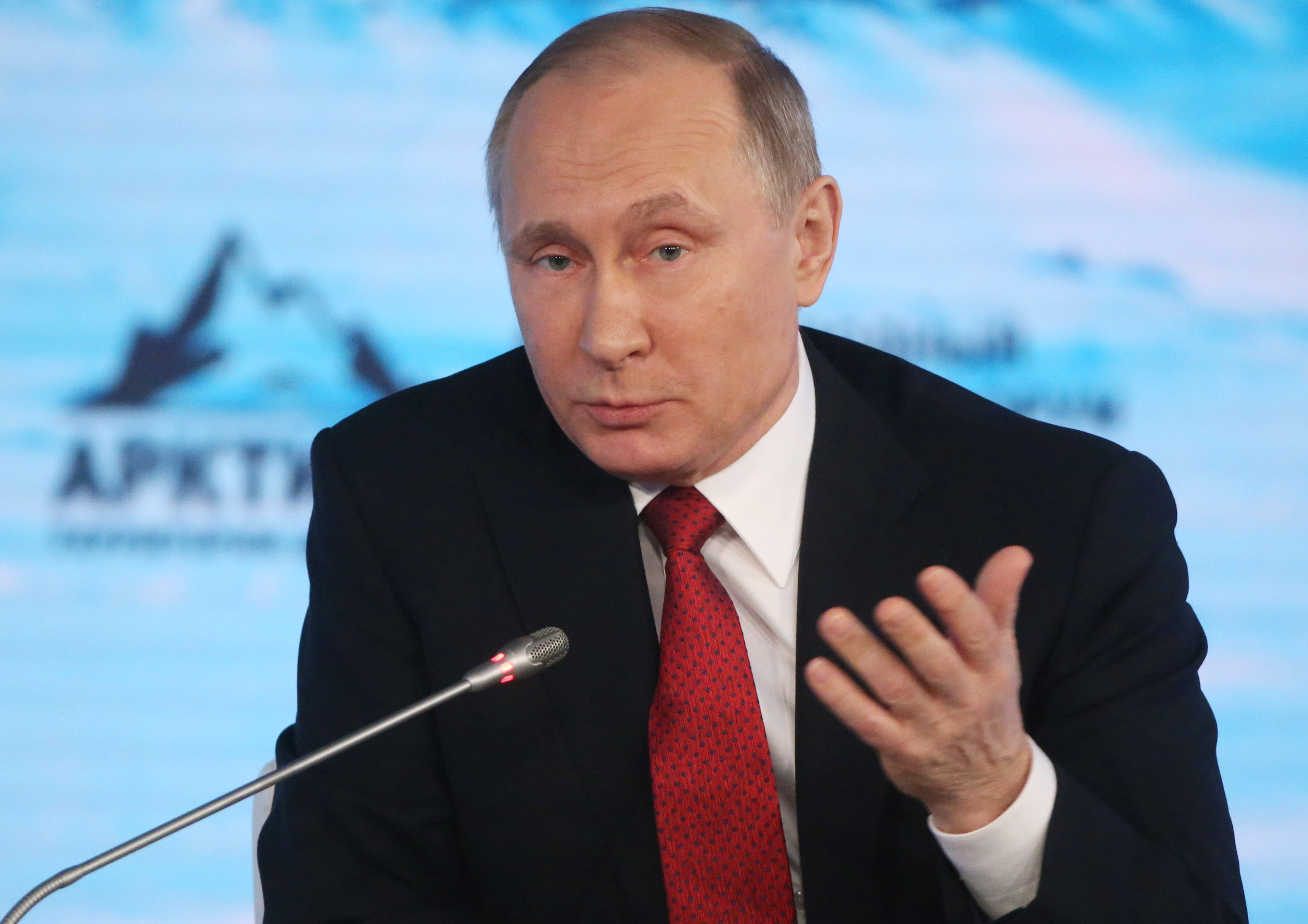Russian President Vladimir Putin has managed to consolidate his power throughout the last twenty-two years in very cunning ways that have gone against many laws and constitutional provisions. These laws and provisions were enacted for the exact purpose of denying a dictator access to stay in power for long periods of time, but Putin, as an individual who governs through coercion, has managed to circumvent these previous attempts of sustaining democracy.
Putin began his career in government by rising through the ranks of the KGB, the premier intelligence agency of Russia. He retired from that agency but continued on in government as an advisor to various Russian politicians. Then, in 1999, then Russian President Boris Yeltsin names him Prime Minister, and then that same year, Yeltsin names Putin his successor as President. Of course, this all seems to be a conspired phenomenon, and the exact details are yet to be uncovered.
Putin remains President until 2008 when the Russian constitution says he can no longer continue, and from there he concocts a scheme to remain in power; after the election of President Yeltsin, Yeltsin makes Putin Prime Minister, a cunning strategy that ensured that all but ensured Putin’s continued reign. In 2012, Putin once again ran for and won the Russian Presidency, completely disregarding and going against the Russian constitution (How Vladimir Putin Rose to Power (businessinsider.com)).
Now, in 2021, Putin remains seated in his position, and this very year, Putin passed a law that could keep him in power until 2036 (Vladimir Putin passes law that may keep him in office until 2036 | Vladimir Putin | The Guardian). This is indicative of the sly and authoritarian character of Vladimir Putin.
These are strategies that can only be defeated with more guileful measures; the measures being taken to mitigate the overall rise of Russia must employ those sorts of tactics in an even further effective manner.

Works Cited
Engel, Pamela. How Vladimir Putin became one of the most feared leaders in the world. 17 February 2017. Website. 29 October 2021.
The Guardian. Vladimir Putin passes law that may keep him in office until 2036. 5 April 2021. Website. 29 October 2021.

